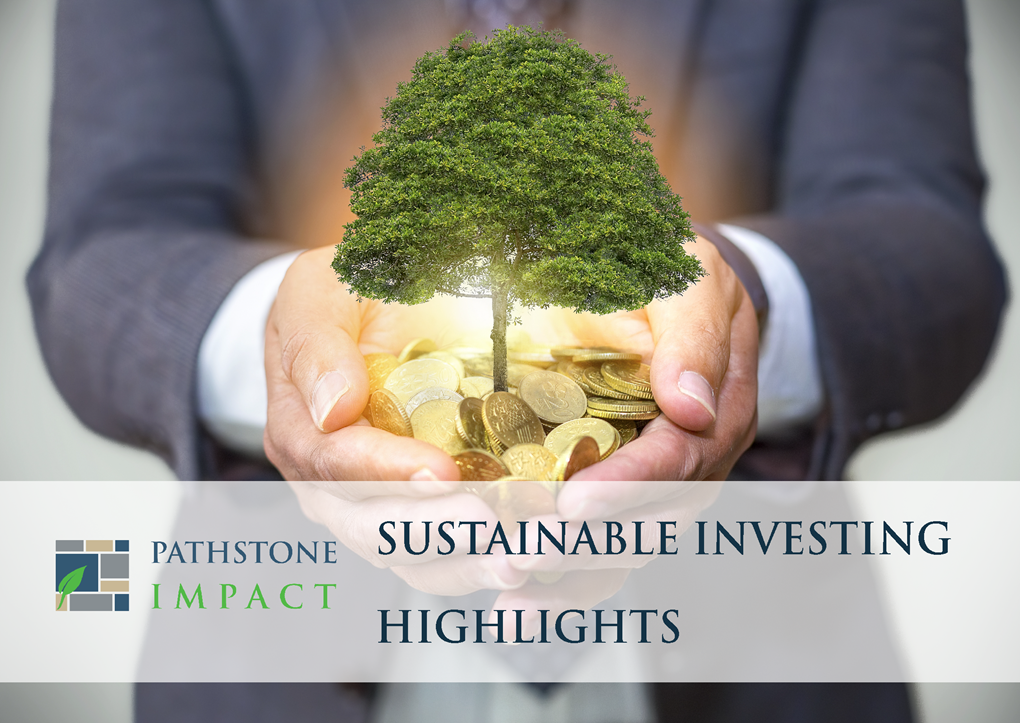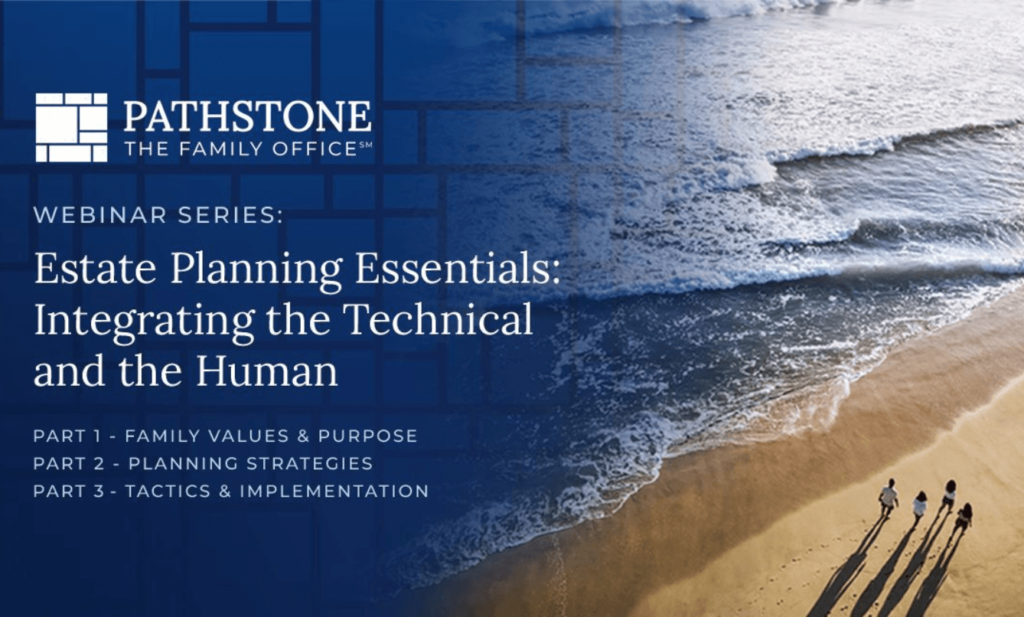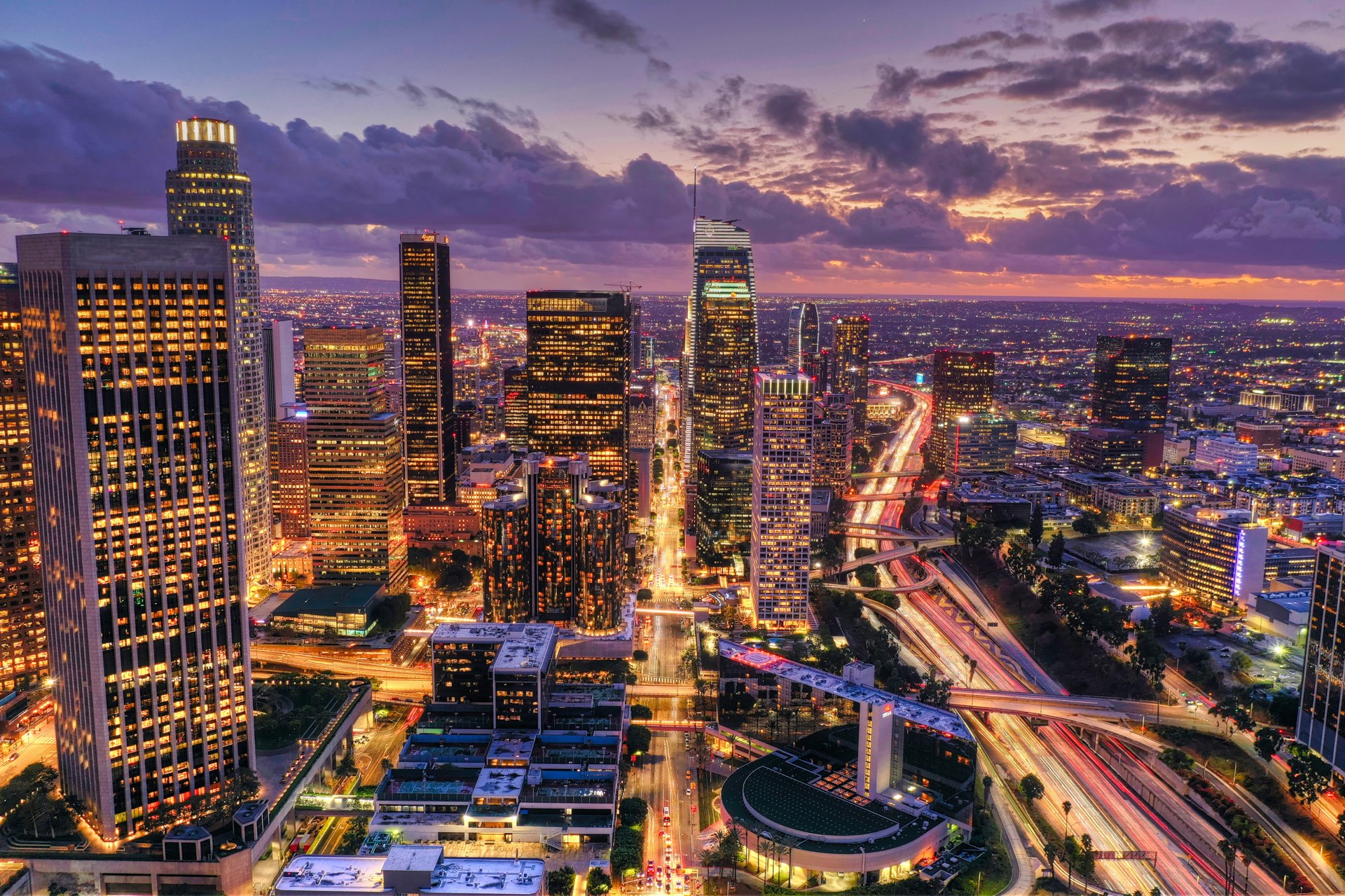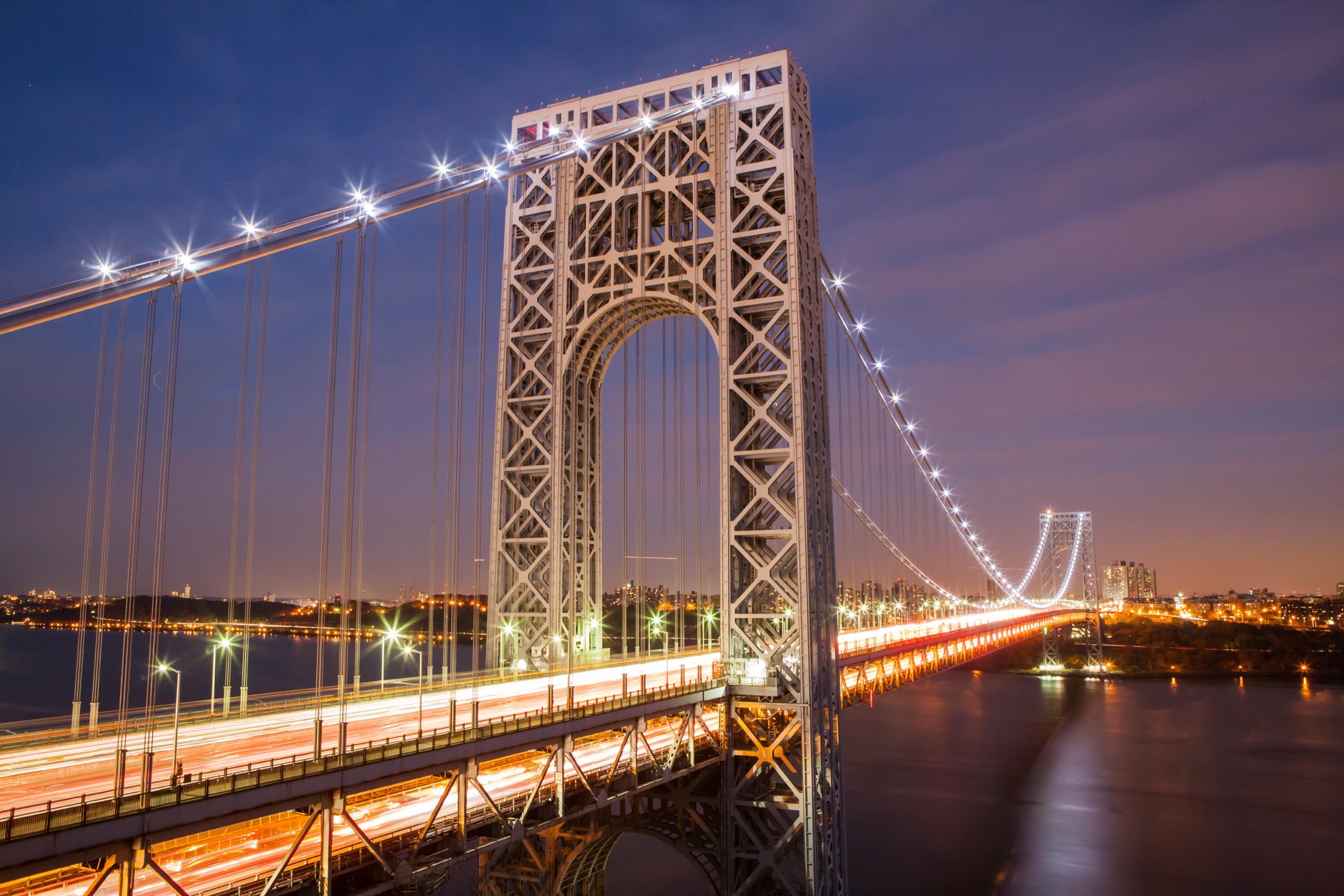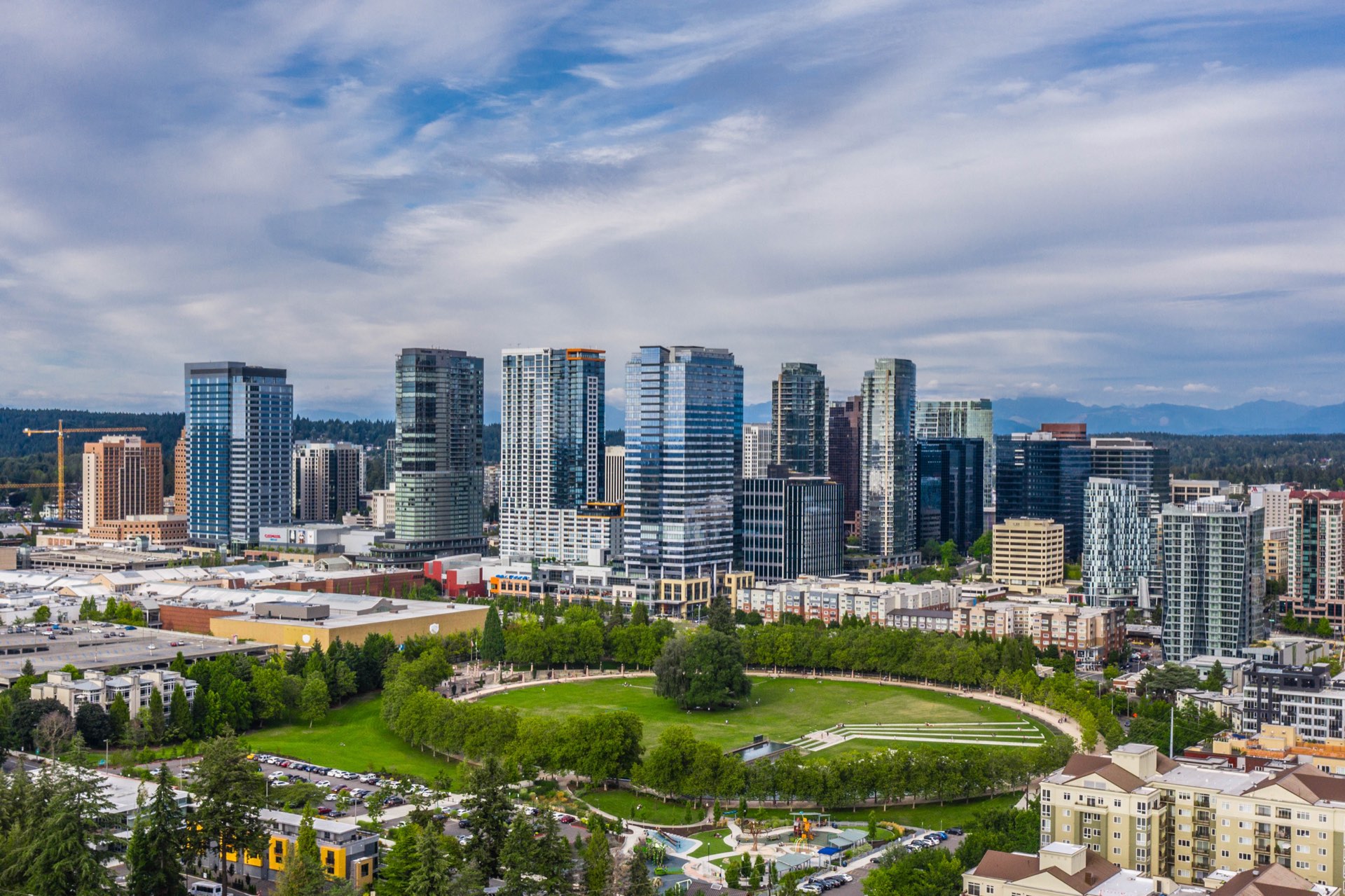Maximizing Shareholders’ Profits Is Not the Only Priority ― Business Roundtable of CEOs
Recently, a prominent group of CEOs representing 192 companies from the nation’s leading industry sectors abandoned a long-held belief that “shareholders’ profits” should always trump societal good.
A Bloomberg news article by Anders Melin and Jeff Green discussed the statement issued during a roundtable discussion on the “purpose of the corporation”. The statement noted that “Business leaders should commit to balancing the needs of shareholders with customers, employees, suppliers, and local communities.”1
According to Jamie Dimon, CEO of JPMorgan Chase, who was the chair of the roundtable discussion, “Americans deserve an economy that allows each person to succeed through hard work and creativity and to lead a life of meaning and dignity.”2
This shift is coming at a time when “some politicians and critics question whether the fundamental premise of American capitalism should be revamped. Some executives also have complained that an outsize focus on share prices and quarterly results hamper their ability to build businesses for the long term.”3
Climate Risk
Renewable Energy a positive counterbalance to U.S Oil and Gas Dominance
The U.S. oil and gas reserves are growing rapidly. In the meantime, humankind faces an existential threat in the form of climate change. A Bloomberg news article by Alex Nussbaum reported that “the U.S. will account for almost two-thirds of the world’s new oil and natural gas output in the decade ahead” noting that the growth in U.S. oil and gas reserves will become an obstacle to stopping climate pollution.4 This is happening at a time when many investors are divesting from “eco-unfriendly companies”5 into renewable energy. The brown economy energy sector could experience disruption from renewable energy sources as their unsubsidized levelized cost of energy falls over time. Lower cost for renewables will be a positive development for the environment, as it threatens to take more of the energy market share from increasingly abundant oil and gas reserves in the U.S.
A separate Bloomberg news article solicited diverse opinions of energy experts on what change means to them.6 Fereidun Fesharaki, the Founder and Chairman of Facts Global Energy (FGE), opined “The energy landscape is developing at a pace more akin to a revolution than a transition, led by low-cost renewable energy. More than $1 trillion of capital has already been invested into wind and solar projects globally, and renewable power infrastructure assets continue to represent compelling opportunities for investors seeking both growth and income.”
Even though the adoption of renewable energy around the world might be at different ‘speeds’, accelerating in some regions with the help of carbon pricing,7 this does not stop the renewable energy sector from gaining momentum and attracting billions of capital for upscaling of windmills and batteries production.8
How Green are China’s Green Bonds?
The growth of environmental, social, and governance (ESG) investment practices has continued to generate momentum as investors seek focus on the benefits of a sustainable investment approach. However, issuers of securities in many countries, such as China, have yet to fully understand the ESG movement. A Business Times article by Matthew McAdam, Jonathan Rogers, and Daniel Wagner cited that, “most Chinese investors consider compliance with ESG guidelines to be an unacceptable compromise on returns, with the country’s corporations viewing ESG as little more than a box-ticking compliance exercise. However, China is now playing catch-up in the ESG stakes with speed, narrowing the gap between the government’s global aspirations and the conventional mindset of its international investors and corporate boards.”9
China Green Bond initiatives have been somewhat of a fiasco, and are an example of how the government of China is trying to play catch-up with the ESG zeitgeist. A Bloomberg article by Michael Standaert reported that China has continued to “direct some green bond funds to coal-projects,” and a “number of the issuances are going to projects that don’t align with generally accepted international practices.”10
A recent example of how generally accepted international practices are shifting might be found within an entirely different area of the capital markets – private equity lending. Private equity firms are now under intense pressure to boost their integration of ESG criteria. A U.S. News & World Report article by Prudence Ho noted how, “debt investors are increasingly citing ESG criteria as reasons to join deals or not, and private equity firms’ limited partners also have sustainability targets, but private equity firms are skirting the issue as they try to deploy record amounts of cash.”11 A journal article by Deborah Burand outlines how lenders can use “key performance indicators” to help shape debt issuers’ behaviors and values.12
How Companies Could Help Solve the U.S. Gun Health Crisis
The growing gun epidemic in the United States has led investors to ask companies to disclose their environmental, social, and governance (ESG) material risks tied to gun manufacturing or retail companies. A Wall Street Journal article by Kristin Broughton reports that “U.S. public companies are required to disclose risk factors that could materially affect their financial performance. The idea is to provide relevant warnings—everything from the effects of an economic downturn to the potential impact of a negative social media campaign—to investors.”13
On the flipside, the American Funds’ Smallcap World Fund, which is managed by Capital Group, has been given grief for spending millions of dollars buying up Smith & Wesson stock.14 Furthermore, BlackRock15 and Vanguard16 ETFs have also come under fire for holding stocks linked to gun manufacturing and retail companies within socially responsible strategies, with both companies promising to change their investment strategy.
BOA and SunTrust Announce They Won’t Lend to For-Profit Prisons
Bank of America and SunTrust, following in the footsteps of JP Morgan and Wells Fargo, have vowed not to lend to companies that are involved with or linked to “private prisons and immigration holding facilities.”
A Bloomberg news article by Lananh Nguyen reported that both financial firms’ decisions not to fund private prisons was the result of “a review by the bank’s environmental, social and governance, or ESG, committee, which included site visits and consultation with clients, civil rights leaders, criminal justice experts, and academics.” Stock prices of for-profit prison companies have been under pressure this year from Democratic politicians such as Elizabeth Warren, who has outlined a plan to eliminate them as part of a broader set of reforms for the criminal justice system and immigration. 17
Climate Apartheid and Rising Inequality
The United Nations warns that the world is on the verge of experiencing a “ Climate Apartheid,”18 with rising inequality that is similar to inequality in South Africa under racial apartheid, if the global community does not reduce its global CO2 emissions. A statement by Philip Alston, the UN Special Rapporteur on extreme poverty and human rights explains that: “We risk a ‘climate apartheid’ scenario where the wealthy pay to escape overheating, hunger and conflict while the rest of the world is left to suffer.”19 Alston also states, “climate change will have the greatest impact on the most vulnerable,” adding that “it could push more than 120 million more people into poverty by 2030 and will have the most severe impact in poor countries, regions, and the places poor people live and work.”
A National Public Radio investigative report by Meg Anderson and Sean McMinn examined U.S. census data together with air temperature data for 97 of the most populous U.S. cities and found that in more than 75% of the cities, it is poorer where it is hotter. According to Anderson and McMinn, “This means that as the planet warms, the urban poor in dozens of large U.S. cities will actually experience more heat than the wealthy, simply by virtue of where they live. And not only will more people get sick from rising temperatures in the future, we found they likely already are.”20
Environment, Social, and Governance (ESG) “Swiftly” Becoming the Next Growth Area.
In late July, Schroders announced that it is acquiring a majority stake in leading impact investor BlueOrchard. The deal between Schroders and BlueOrchard Finance has continued a trend of asset managers assembling resources needed to advance environmental, social, and governance (ESG) investing. According to a Financial Times article by Jennifer Thompson, “Mainstream asset managers want a slice of the market for many reasons. There is increased demand from clients, particularly millennials, who want their money to have a positive impact on society.”21
A number of asset managers perceived the deal to be a sign pointing to the continuing integration of ESG going forward. According to Marieke Spence, executive director of Impact Capital Managers, the deal is a “bellwether”.21 Bellwether is a particularly descriptive term, which under one definition can refer to the leading sheep of a flock, with a bell on its neck. Edward Marshall, partner at DWM, says that the “recent acquisitions and the continuing entry of major players makes clear that investors and managers alike understand the value and appeal of impact investing, and that it will be a growing part of the financial industry for years to come.” 21
Artificial Intelligence as Two-Sided Coin
In his 2016 book, The Fourth Industrial Revolution, Klaus Schwab explored how the rise of artificial intelligence would alter the way society, businesses, and government interact, and how they will respond to the growing threat posed by climate change.22 A recent research study conducted by BNY Mellon found that artificial intelligence and climate change are fast reshaping the investment landscape. Both climate change and artificial intelligence are perceived to be huge material risks to investors and asset managers.
According to the BNY Mellon research, “89% of the institutional investors […] with combined assets under management of approximately $12.75 trillion […] regard these two supertanker trends as investment risks. Almost all (93%) view climate change as an investment risk that has yet to be priced in by all the key financial markets globally, while over 85% view AI as an investment risk that could potentially provoke societal backlash as well as geopolitical tension.”23
While artificial intelligence might be perceived as a material risk to investors and asset managers, Dutch pension fund managers APG Asset Management and PGGM provided an alternative positive view of the use of AI as an investment opportunity. Both managers are collaborating to create an artificial intelligence investment platform that would help “reveal how much the internal universe of 10,000 listed companies are contributing to the UN’s SDGs.”24
WeWork Bubble Bursts, and IPO goes Bust
WeWork’s planned Initial Public Offering (IPO) was expected by many on Wall Street to result in the company becoming one of Silicon Valley’s newest unicorns, and then the bubble burst.25 The WeWork IPO went bust after a series of criticisms from potential investors. A Wall Street Journal article by Maureen Farrell and Eliot Brown reported that WeWork was criticized for having an all-male board along with governance controversies linked to the behavior of its CEO.26 WeWork’s then CEO Adam Neumann responded to its critics by appointing Frances Frei, a Harvard Business School Professor to its board. The company has announced a number of cost-cutting measures, including the sale of the $60 million Gulfstream jet used by Neumann for company business. However, the fast response wasn’t fast enough. The WeWork CEO was recently forced to resign, and the company scrapped its IPO well before they could ring the opening bell on Wall Street.27 28


